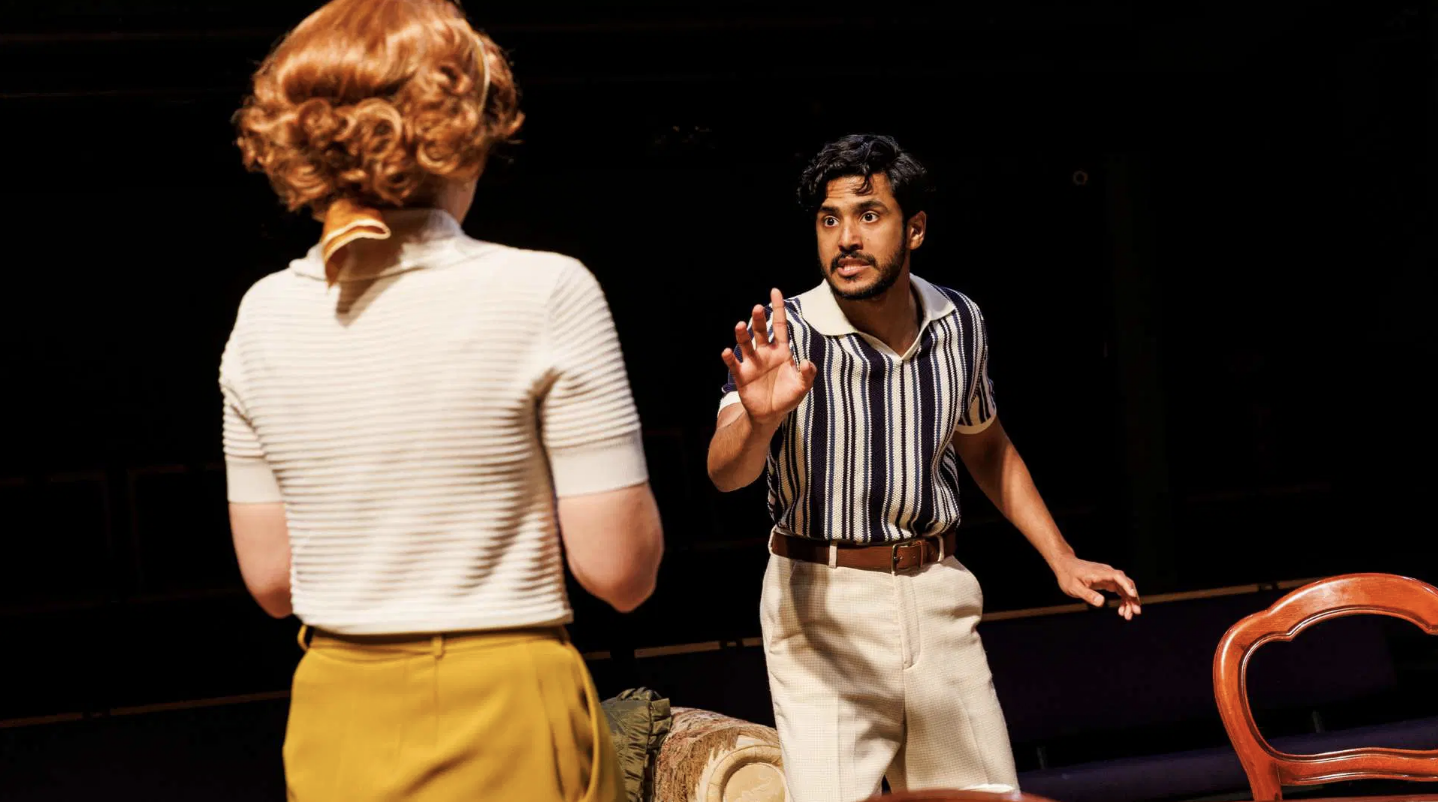Sleepova: Looking Through the Window and Into the Mirror
Copyright © Helen Murray 2023
‘I’ve got Haribo, Maoams, milk choc digestives – dark choc tastes evil - torch, first-aid kit, Swiss Army knife and brought my dad’s laptop.’
A little while ago I saw the excellent play ‘Sleepova' by Matilda Feyiṣayọ Ibini (The Bush Theatre, London). It shines a light on the lives of four Black 16-year-old girls, as they gossip, squabble, quip and debate in the security of their own bedrooms.
‘Marcus Knight asked me to be his date… He’s the sixth pengest boy in Morrison Boys. He moved up six places, after he got his ear pierced and sorted out his BO.’
Shan has sickle cell disease and is endeavouring to enjoy a normal life. Funmi is smart, curious and interested in reconnecting with her Yoruba heritage. Rey is forthright, gay and privileged. Elle is a Christian with protective parents.
‘My mum says, why should I be sleeping in other people’s houses when I’m not homeless?’
The girls discuss exams and job prospects, hair and make-up, ice cream and desserts. Their conversation is laced with slang, profanity and cultural references. Sometimes they can be direct, sometimes allusive. Sometimes they can be naïve, sometimes insightful.
Playwright Matilda Feyiṣayọ Ibini
‘Shan, GCSEs are just memory tests. What are we going to do with algebra, magnetism or river formations?’
Romance is quite high on their agenda, and two of the girls fancy Shan’s brother, Solomon (much to her discomfort).
‘I’d be all over him like cocoa butter.’
‘I’d be all over him like Christ’s love for mankind.’
With a school prom approaching, the girls consider whether they should all attend together or take a date.
‘I want to go with Jonah Asamoah in year eleven. I like how his first name rhymes with his surname…He’s really cute. He has dimples, his afro’s always neat and he has braces...When he smiles it actually sparkles, like he’s wearing jewellery but on his teeth.’
As the play progresses the characters have to deal with sexual awakening, sickness and bereavement. They navigate romantic journeys, ideological differences and parental rifts. We see how their friendship is constantly challenged and yet endures.
‘So I’m seeing this new guy Malachi. We met at McDonalds. He works there and he gave me a free McFlurry.
‘Couldn’t give you a free burger? Cheapskate.’
It’s often observed that, while some dramas hold up a mirror to our lives, helping us to see our everyday behaviour in a different light; others help us peer through a window into other people’s worlds, introducing us to cultures and experiences far from our own.
‘Look, the only advice I give straight girls who date boys is never pay for anything. Until society addresses the gender pay gap, make him pay.’
‘Sleepova’ had half the audience looking in the mirror. They were young Londoners laughing along with the jokes, singing along with the tunes, recognising the dilemmas, references and vernacular. The other half of the audience – me included – were peering through a window at a fascinating, charming, mercurial sisterhood.
‘I told him we need to take it slow. Not had a boyfriend before and I don’t want to rush it. Like let me do some research first.’
It struck me that this was a particularly powerful cocktail: combining an audience of insiders and outsiders. It certainly created a vibrant atmosphere in the theatre. Perhaps it’s a dual effect that drama should aim to achieve more often.
‘I’ve been erasing histories for so long, the government doesn’t even know who I really am.’
Inevitably Shan, Funmi, Rey and Elle end up having quite different experiences at the prom.
‘I wish we took more pictures man, I don’t want to forget this night, hashtag nopain, I’m not even tired man.’
‘I can’t wait to get dementia so I can forget this night forever.’
Nonetheless their friendship continues to sustain them with emotional support, laser-sharp wit and occasional words of wisdom.
‘Funmi, I won’t lie to you, it’s going to get worse before it gets better, and then it’s gonna get even more worse, then it might get a little better and you think you’ve finished before it gets worser.’
'I hear every word they talk.
Tried not to care at all.
I know it's frontin’,
Don't know me from nothing.
Still learning to shake it off,
I know I can take it all.
I know they frontin'
You know they frontin', bae.
So if you hear that rah-rah-rah about me,
Talking all out the side of they mouth about me,
I beg you, don't listen.
I beg you, just hear me.
Believe me.
Trust you can see through it all,
Believe through it all,
Breathe through it all.’
Kehlani, ‘Everybody Business’ (C Munoz / C Hugo / K Parrish / K Price / P Williams / S Carter)
No. 425








